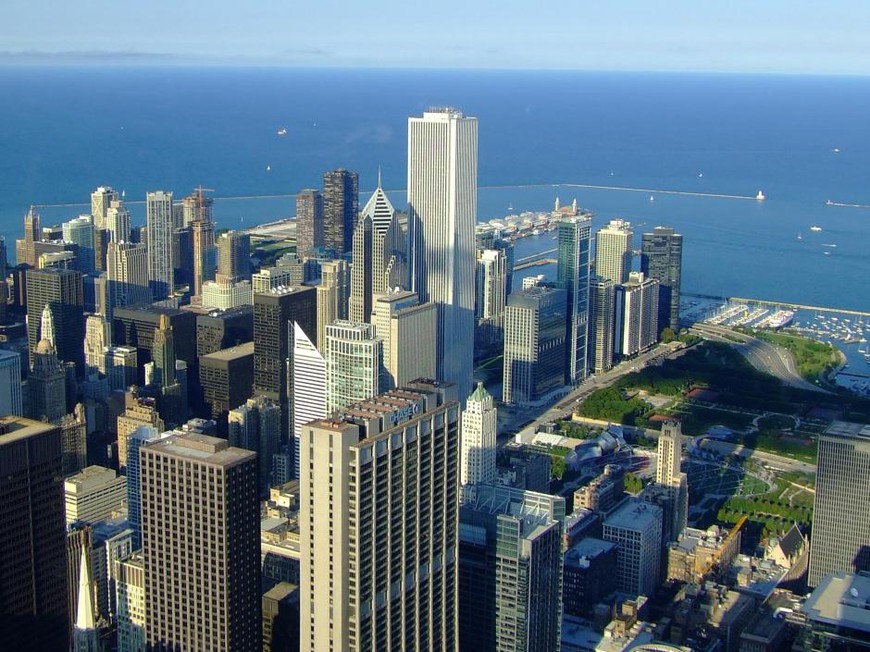

- Bad actor lockout prevents all who operated in the US for ten years from applying for licenses.
- All games of skill and luck permitted.
- 15% tax on GGR for poker games; 7.5% for first five years.
- $250k license fee and $20m deposit for future taxes owed.
New legislation approved by an Illinois senate committee on Wednesday seeks to regulate online gambling, including online poker.
The wide-reaching gambling expansion bill, which will allow for further brick and mortar development, includes a casino in Chicago, and slot machines at the city’s airports and at horse racing tracks throughout the state.
Attempts to pass legislation that would allow both gaming expansion and online gambling in Illinois have failed in the past. Governor Pat Quinn, who has vetoed gaming expansion attempts, raised concerns that bills have failed to address corruption and provide for education in the state.
The new legislative attempt looks to address such concerns. Just hours before the bill passed the Senate Executive Committee by a 10-4 margin, Quinn mentioned in his state budget address that he would welcome gambling expansion under the right conditions.
There are certain similarities with the Illinois situation and the passage of online gambling regulation in New Jersey. New Jersey Governor Chris Christie vetoed online gambling twice, but clearly signaled his intention to sign a bill if certain conditions were met. A bill was signed into law last month.
The law would vault Illinois to the top of the list when it comes to US states offering Internet gambling. Illinois’ population of nearly 13 million is more than the three other states that have legalized online gambling—New Jersey, Nevada and Delaware—combined. It would be a huge step forward for regulated online gambling in the US.
The proposed legislation creates the Division of Internet Gambling within the Department of Lottery “for the purpose of administering, regulating, and enforcing the system of Internet gaming.”
Games allowed under the proposal include both games of chance and skill. Wagering on sporting events is prohibited as long as it violates federal law.
Bad Actor Lockout
The legislation includes a “bad actor” clause restricting the issuing of an Internet gaming license to any applicant that accepted wagers via the Internet in violation of US law during the 10 years prior to their application.
Under the proposed law, Internet gaming vendors that supply “goods, software, or services to Internet gaming licensees” will not be granted a license if they accepted online wagers that have broken any US laws.
This stipulation is much broader than previous bad actor clauses, including the new five-year lockout introduced in Nevada. A proposed lockout in New Jersey was scrapped prior to signing.
It prevents all major online poker rooms and networks from applying for licenses, as all operated in the US market prior to the passage of UIGEA.
License Fees and Taxes
License applicants will be required to pay a non-refundable application fee of $250,000. The licenses are valid for a 5 year period and will require a $20,000,000 deposit to be used against future Internet wagering taxes owed.
Taxes on fee based games such as poker—which are typically played against other players—will be assessed at 7.5% of annual gross gaming revenue on the first $200,000,000 for the initial five-year license term and at 15% in subsequent years. Games played against the house such as blackjack (non-fee based games) will be assessed at 10% for the initial five-year term on the first $200,000,000 and at 20% in subsequent years.
Eligibility
Eligible applicants for an Internet gaming license are limited to those entities that currently hold a valid gaming license in the state including video gaming, horse racing and casino operators.
State and International Compacts
The law allows the Division to enter into agreements with other gaming entities—including those in other states and countries—to combine player pools and share liquidity as long as doing so does not violate State, federal or foreign laws.


